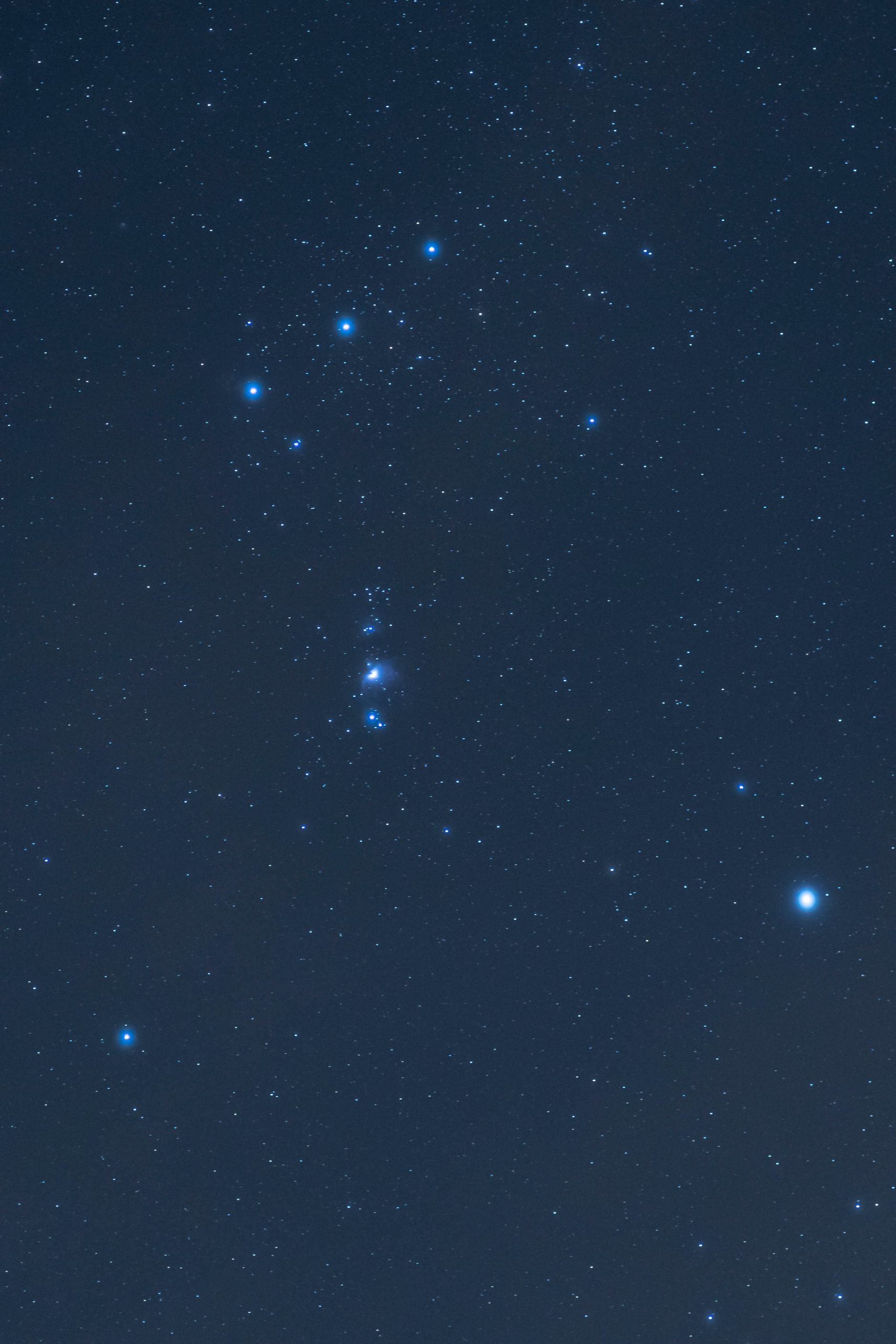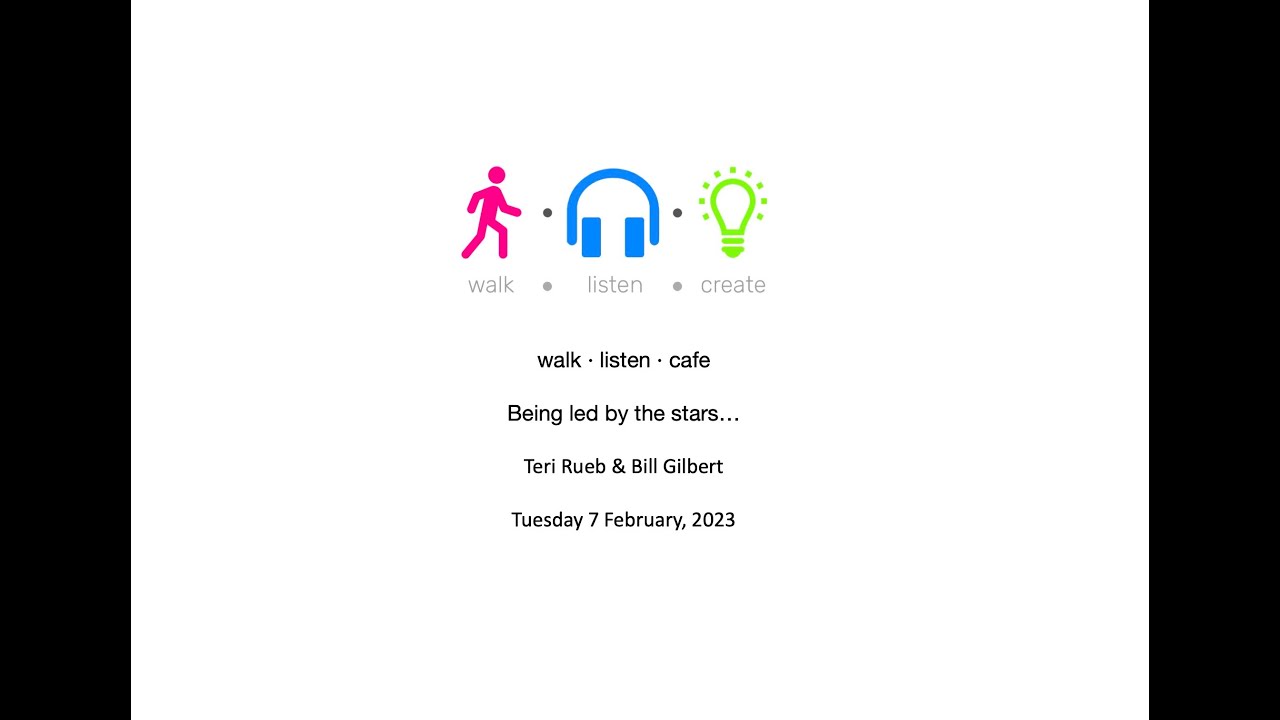Being Led By The Stars . . . Two Walking Practices in Dialogue Teri Rueb and Bill Gilbert Walking and sound have variously shaped the practices of Colorado and New Mexico-based artists Teri Rueb and Bill Gilbert. This Cafe event will feature both artists who will present a brief overview of their broader practice, speaking specifically about two works: Wanderers (Teri Rueb, Jiffer Harriman and Roberto Azaretto, 2021) and Terrestrial/Celestial Navigations (Bill Gilbert, 2011-2022). Wanderers seeks to sonify in real-time the movements of the planets and asteroid belts represented in the Colorado Scaled Solar System Model on the campus of the University of Colorado Boulder, while Terrestrial/Celestial Navigations charts a series of walks tracing patterns of stars from the night created by ancient cultures sky onto contemporary landscapes.
Both artists have used GPS-based technologies widely in their practices to create works that weave walkers into the sound, light and rhythms of natural cycles from tides to planetary movements. The event will bring Teri and Bill into conversation with each other and with audience members and the walk · listen · create community.
walk · listen · create hosts walk · listen · café, at least once a month online meeting for creatives in the fields of walking and sound art. Every ‘café’ lasts between 1 and 2 hours, is headed by an expert introducing a particular topic, and followed by an open discussion on the topic at hand.
Online meetings are hosted through BlueJeans or similar. Participants will be sent the meeting URL shortly before the event kicks off.
|
Video recording Only available to registered users. |
Related

Wanderers – 2021
Created by Roberto Azaretto, Jiffer Harriman and Teri Rueb Five planets — Mercury, Venus, Mars, Jupiter, and Saturn were known to the ancients. To the unaided eye, these planets appear starlike. However, the planets moved relative to the stars. For this reason they were called wandering stars. Our word “planet” comes from the Greek word planetes, meaning “wanderer.” Smithsonian



